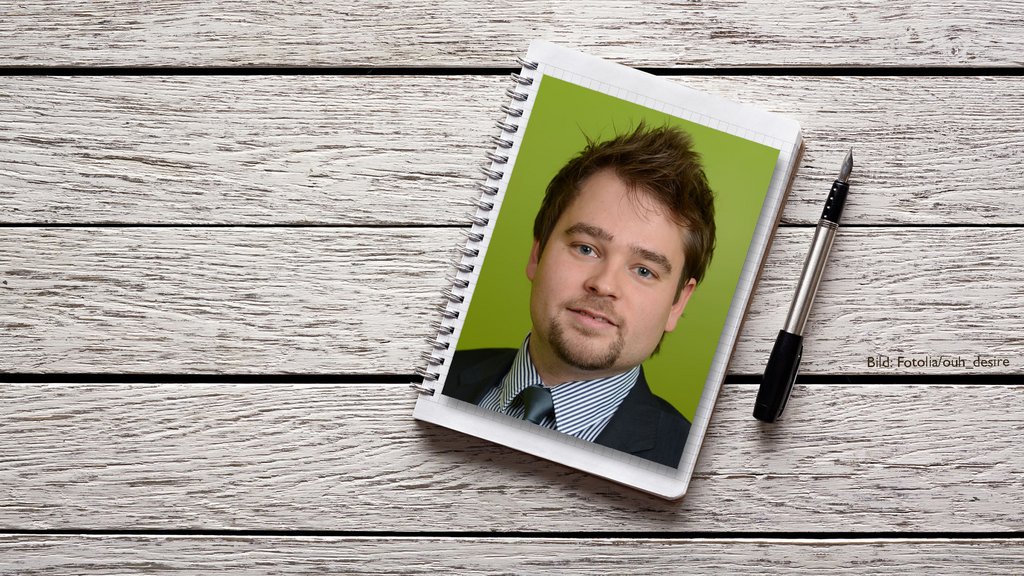People - 27.04.2016 - 00:00
Improving life in emerging markets
Emerging markets offer Western companies new opportunities for growth. In his dissertation, Stephan Winterhalter examines how frugal innovations can be developed not only to tap into new markets but also to improve the quality of life of the local population.
Source: HSG Newsroom

12 November 2015. Markets in large industrial nations are saturated in many areas. New opportunities can be found in emerging markets in countries like China, India and Brazil. Most international company want to take advantage of this, but middle-class customers in these emerging markets still have a very limited income. What's more, they often live in remote areas with very little infrastructure. New, low-cost solutions are thus required: products that are functional, robust, user-friendly, growing, affordable and locally value-generating: frugal innovations.
Washing machines for clothes and potatoes
In his doctoral research study entitled "Resource-constrained Innovation and Business Models in Emerging Markets," Stephan Winterhalter examines how companies can develop frugal innovations in order to win over new customers in emerging markets. Taking new approaches and rethinking equate to the ability to stand strong in emerging markets. "It's not so much about developing high-tech solutions," says Winterhalter. "It’s about finding new ways of applying existing technologies to solve problems in emerging markets." In China, for example, low-cost washing machines have been developed that allow users to wash their clothes and potatoes in the same machine. This development resulted from the need of many farmers to be able to wash their potatoes before the weekly market in order to demand a higher price for them.
There is more than one way to skin a cat
The ability to identify and provide for unique customer needs such as these often requires the relocation of development activities to emerging countries. Furthermore, frugal innovations demand an intensive and coordinated transfer of knowledge between company headquarters and local subsidiaries as well as radical rethinking in terms of development processes. One key benefit of this is that it produces new business models. Every company has to find the approach that is right for its own structure, market and strategy. "After all, as always, there are many ways to skin a cat."
Practically focused
Practical contact is important to Stephan Winterhalter, which is one of the reasons why he chose to complete his doctorate at the University of St.Gallen. "HSG has a reputation for not letting its students get stuck in a bubble; it offers them an insight into issues based on real-life scenarios as well as close contact with partners in industry." Winterhalter intends to put his work into practice in future, preferably with an internationally active Swiss company where he can apply the knowledge he has acquired. Not only can his findings help companies to better prepare themselves; they can also help to improve life for the local population in emerging markets. "Frugal innovations give people access, often for the first time, to basic healthcare, as well as money, electricity and water."